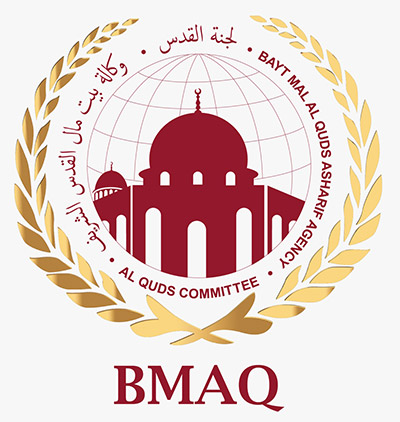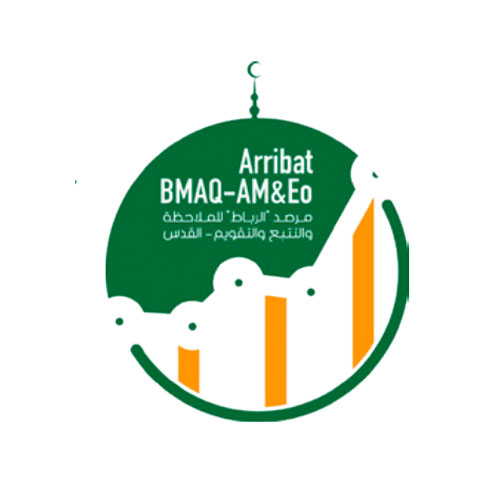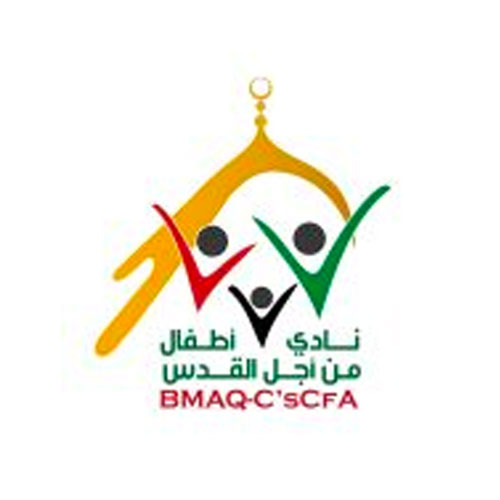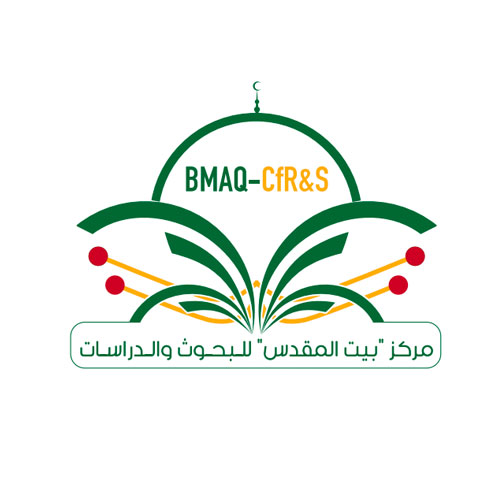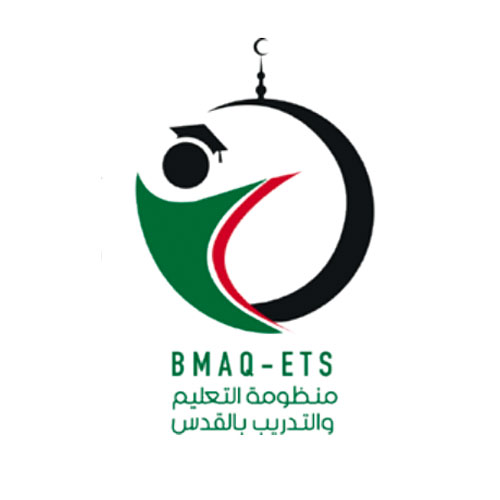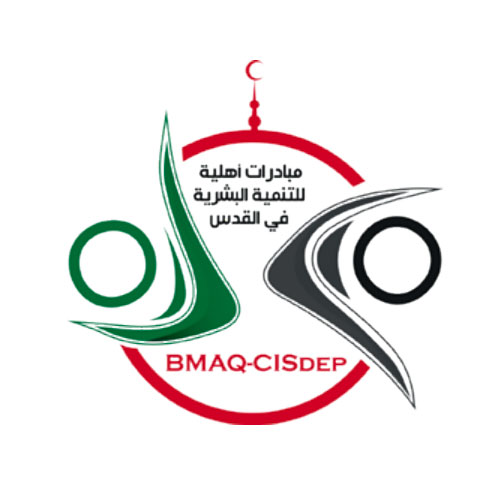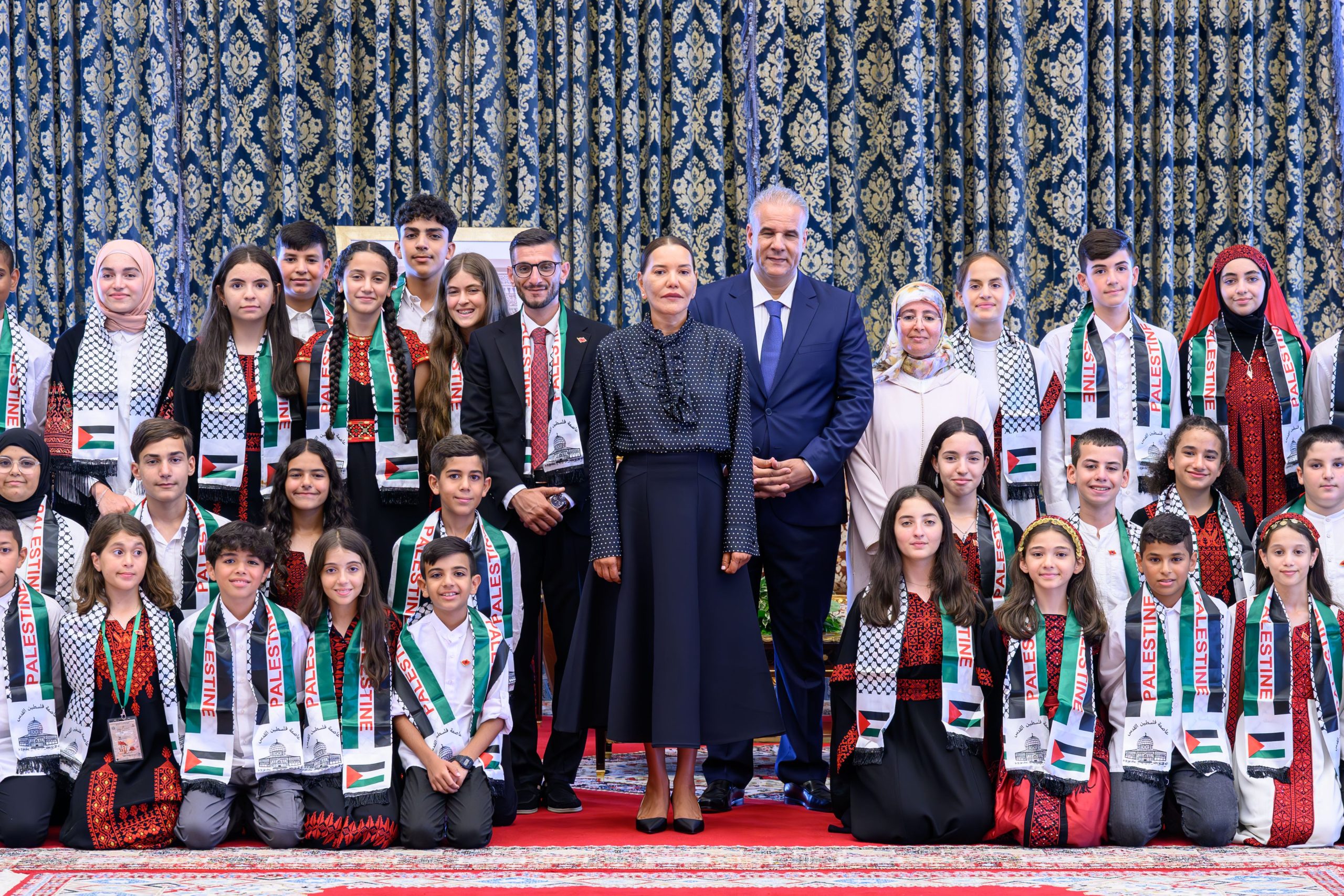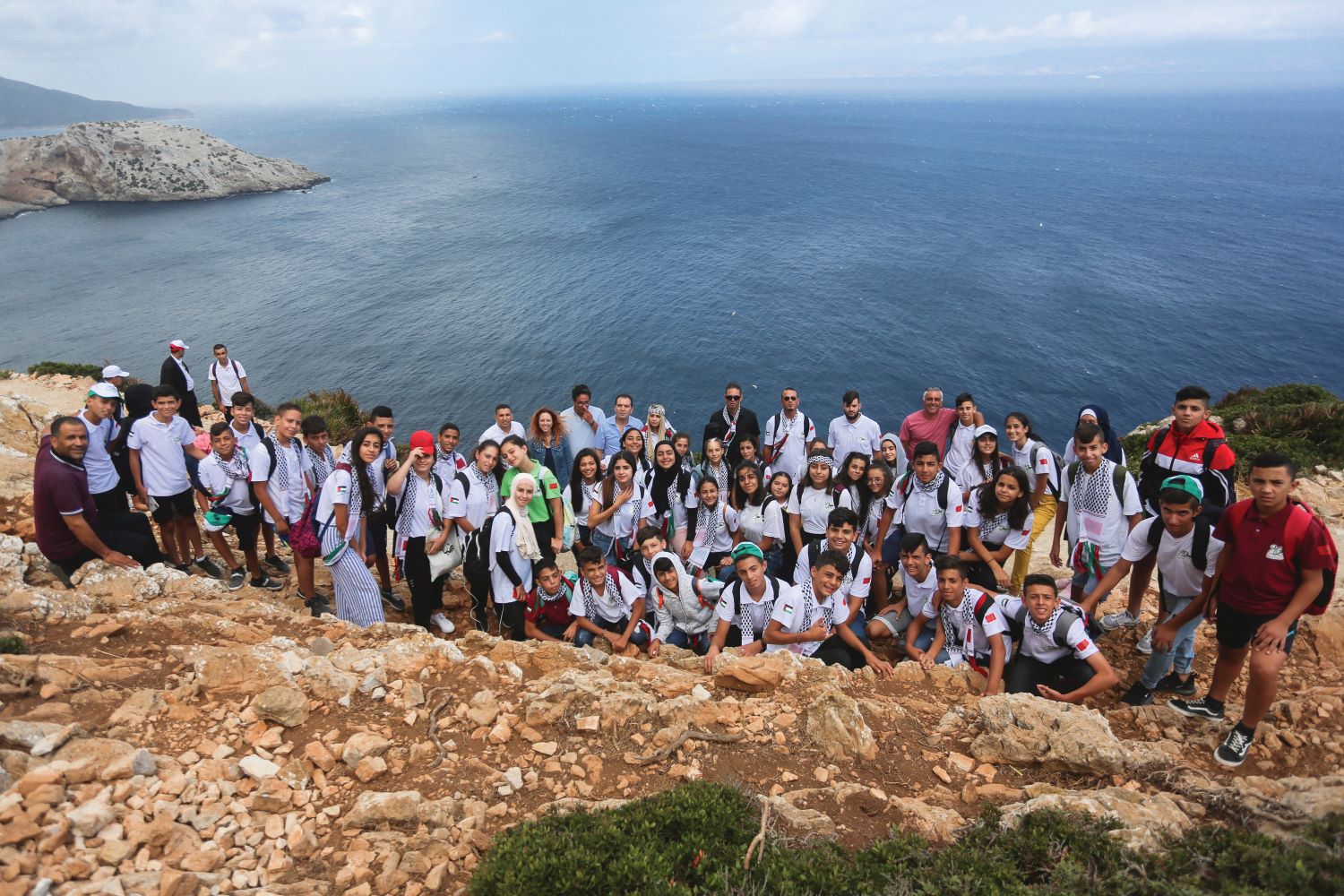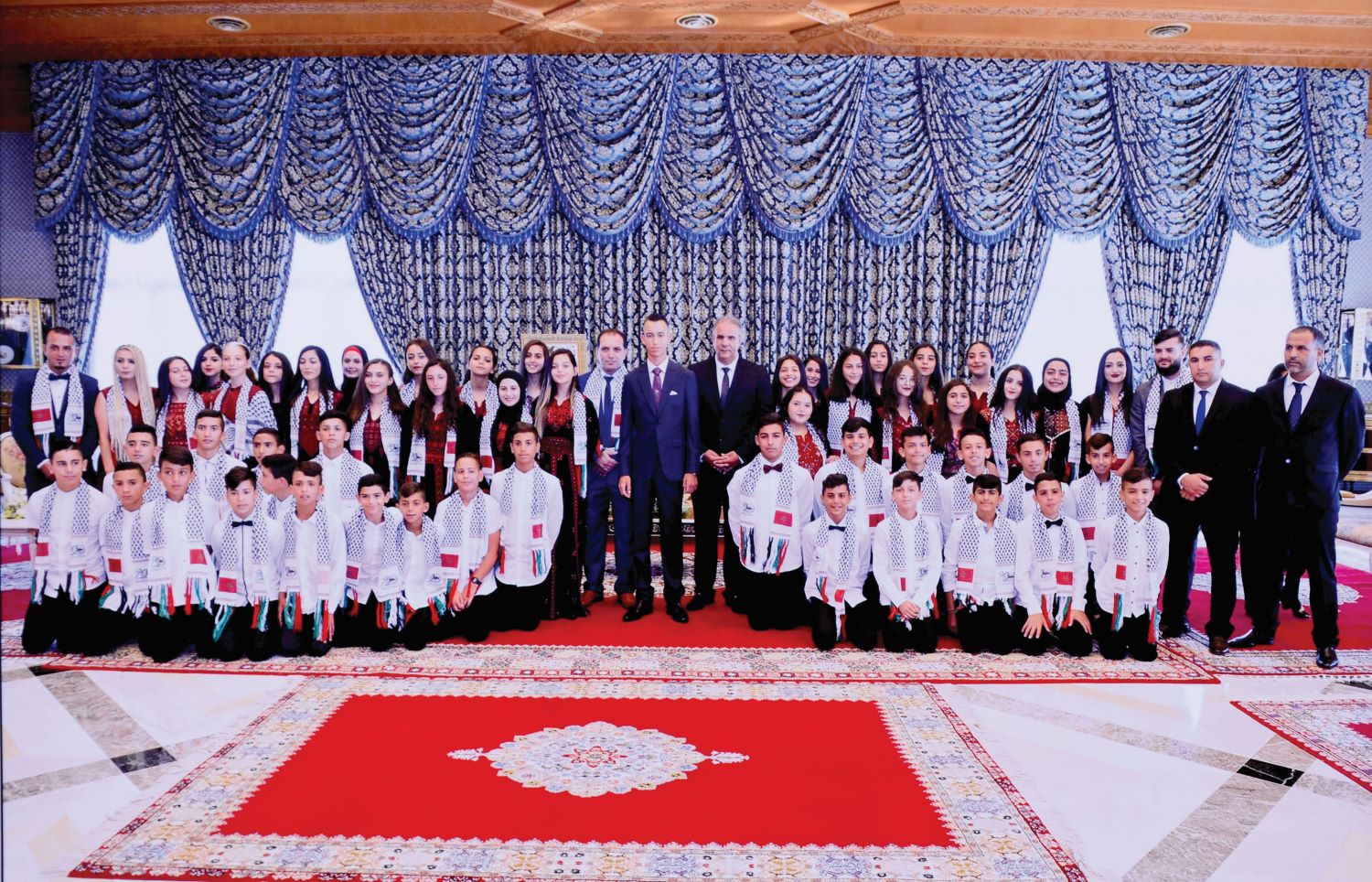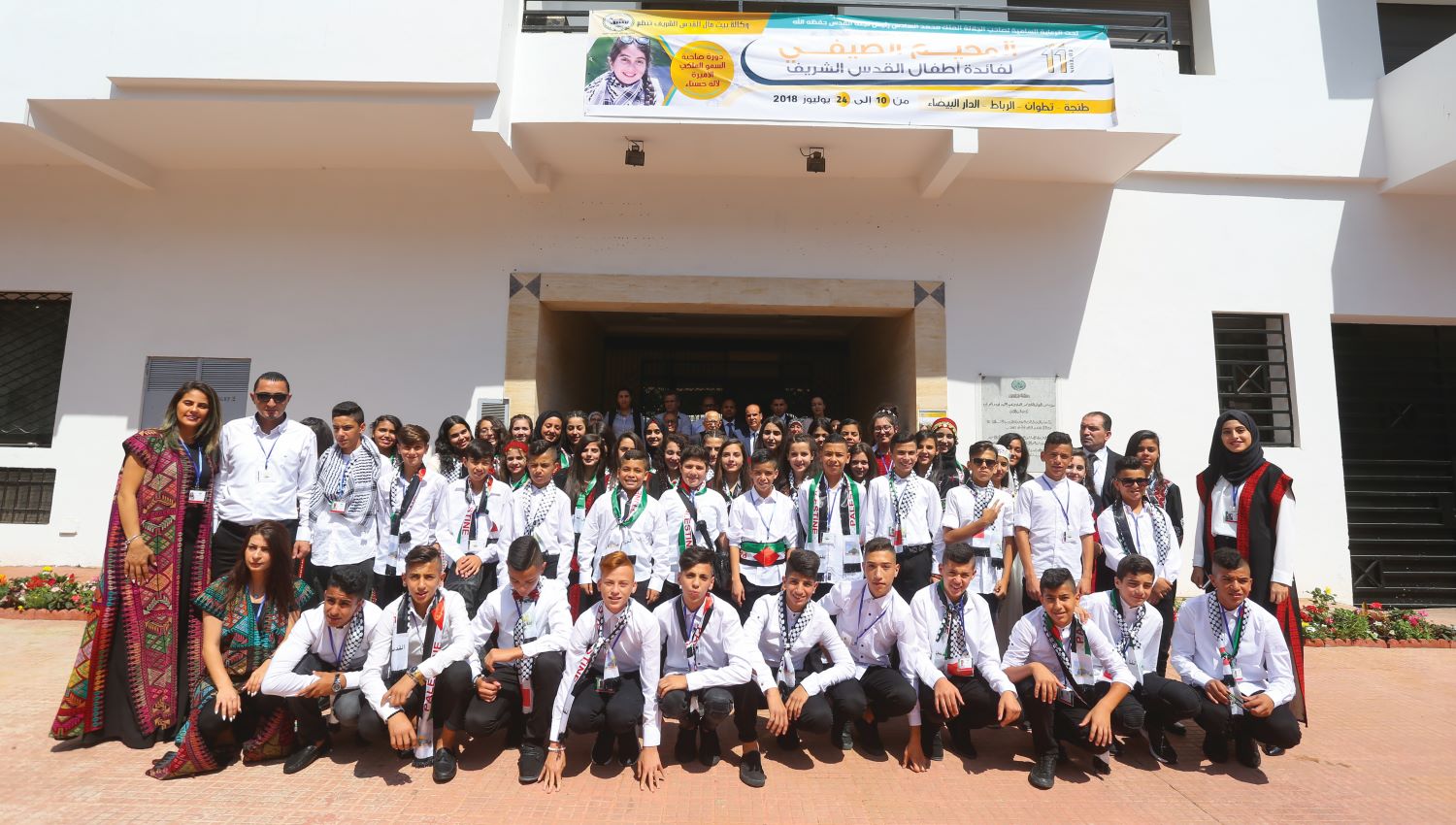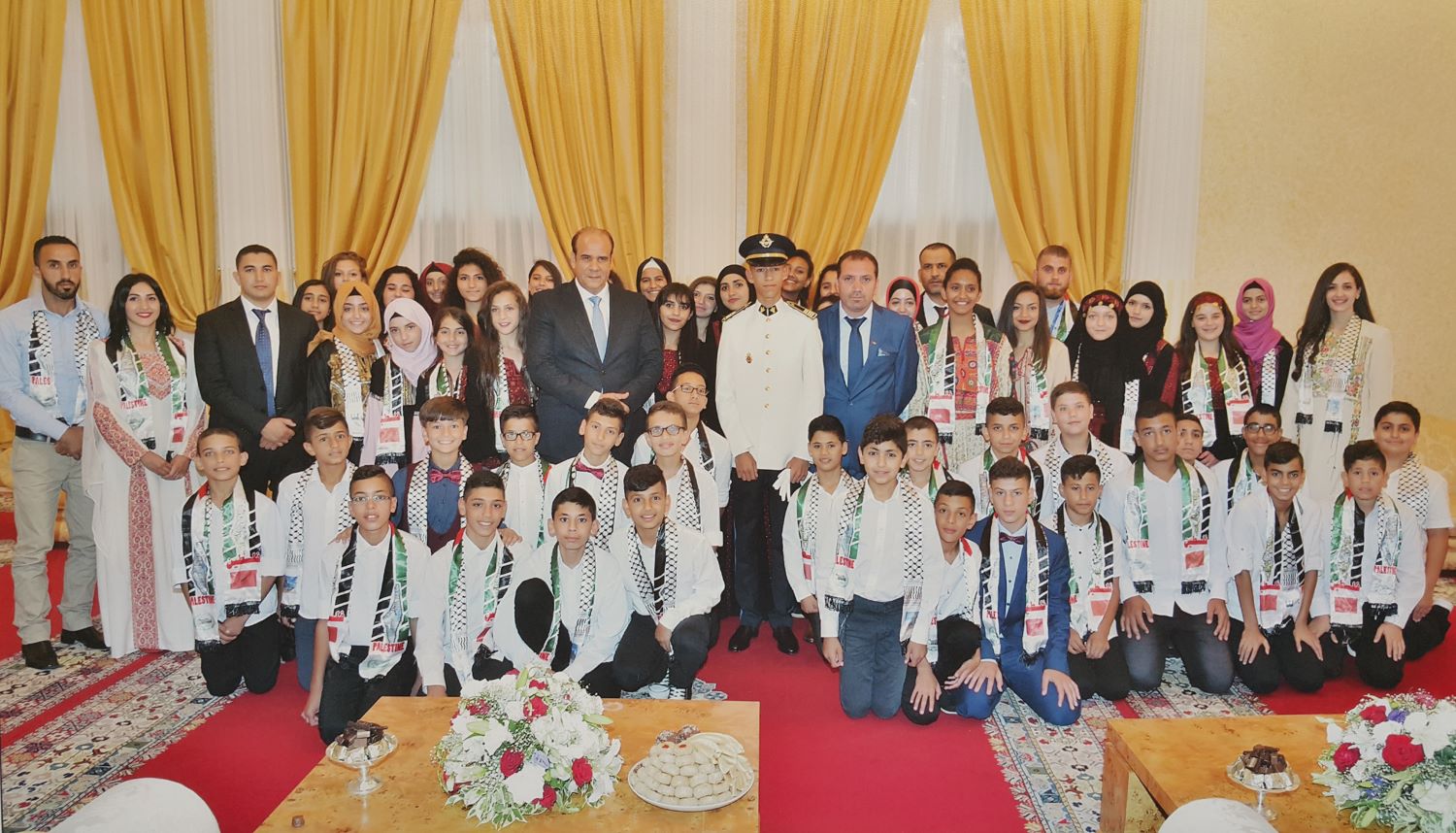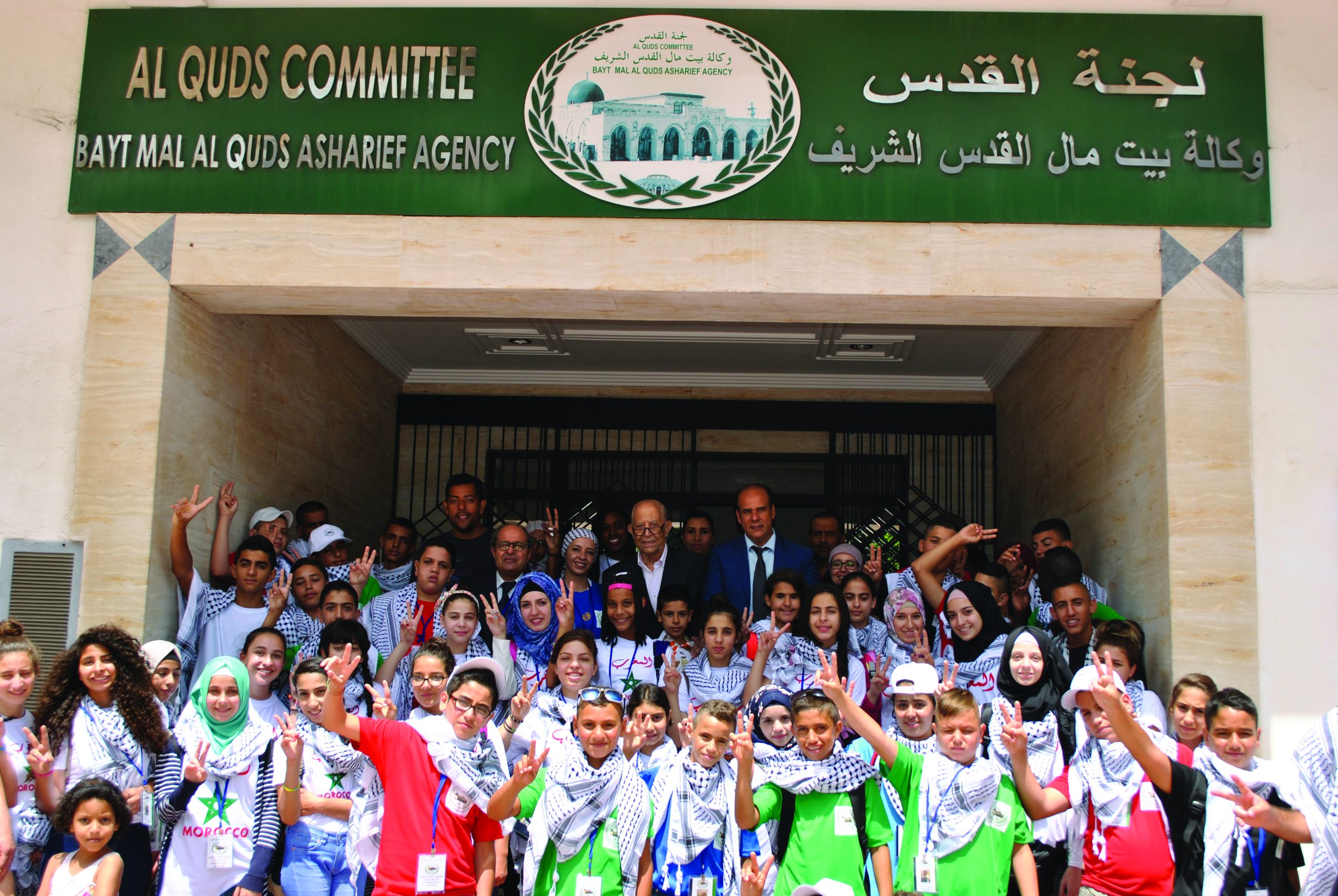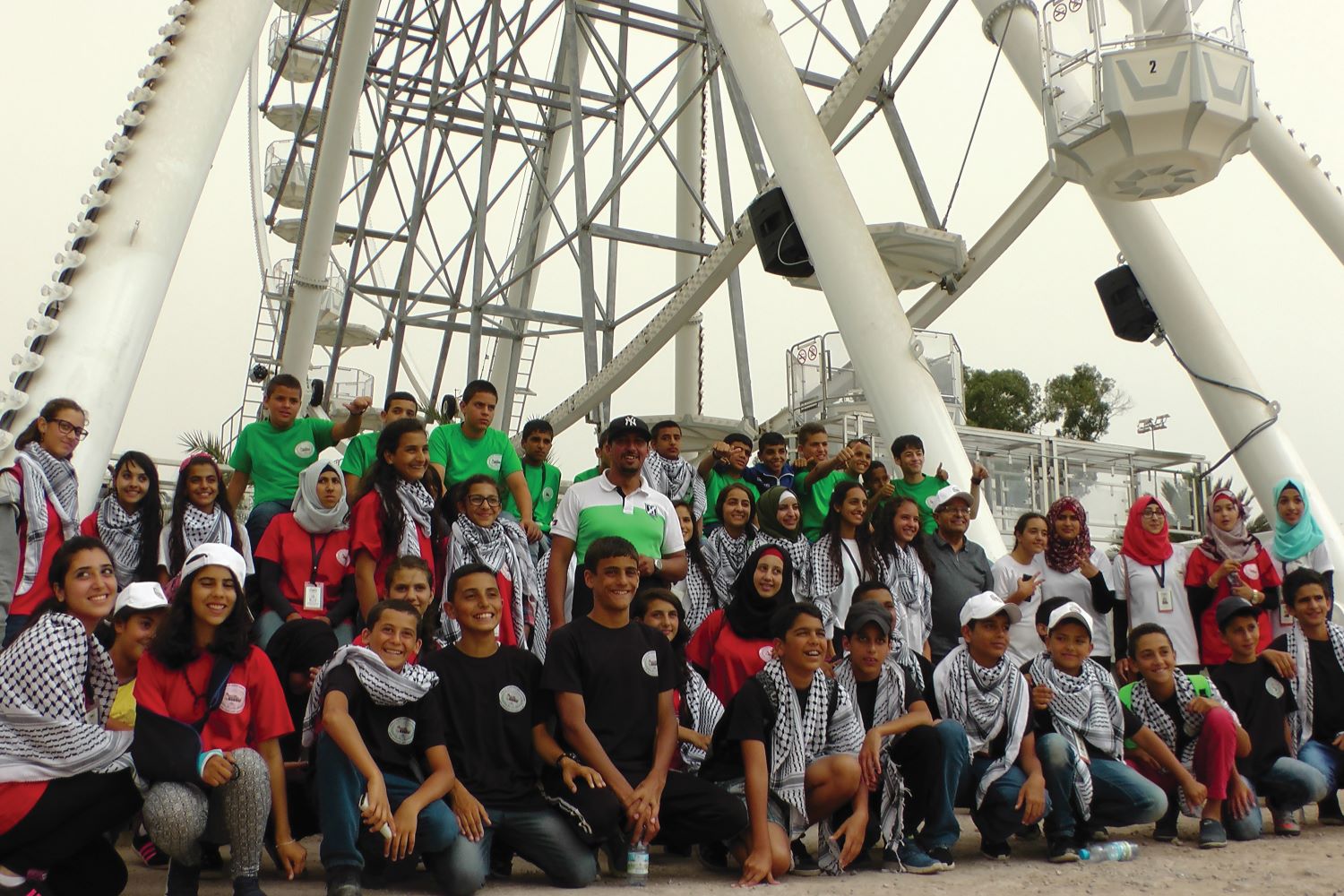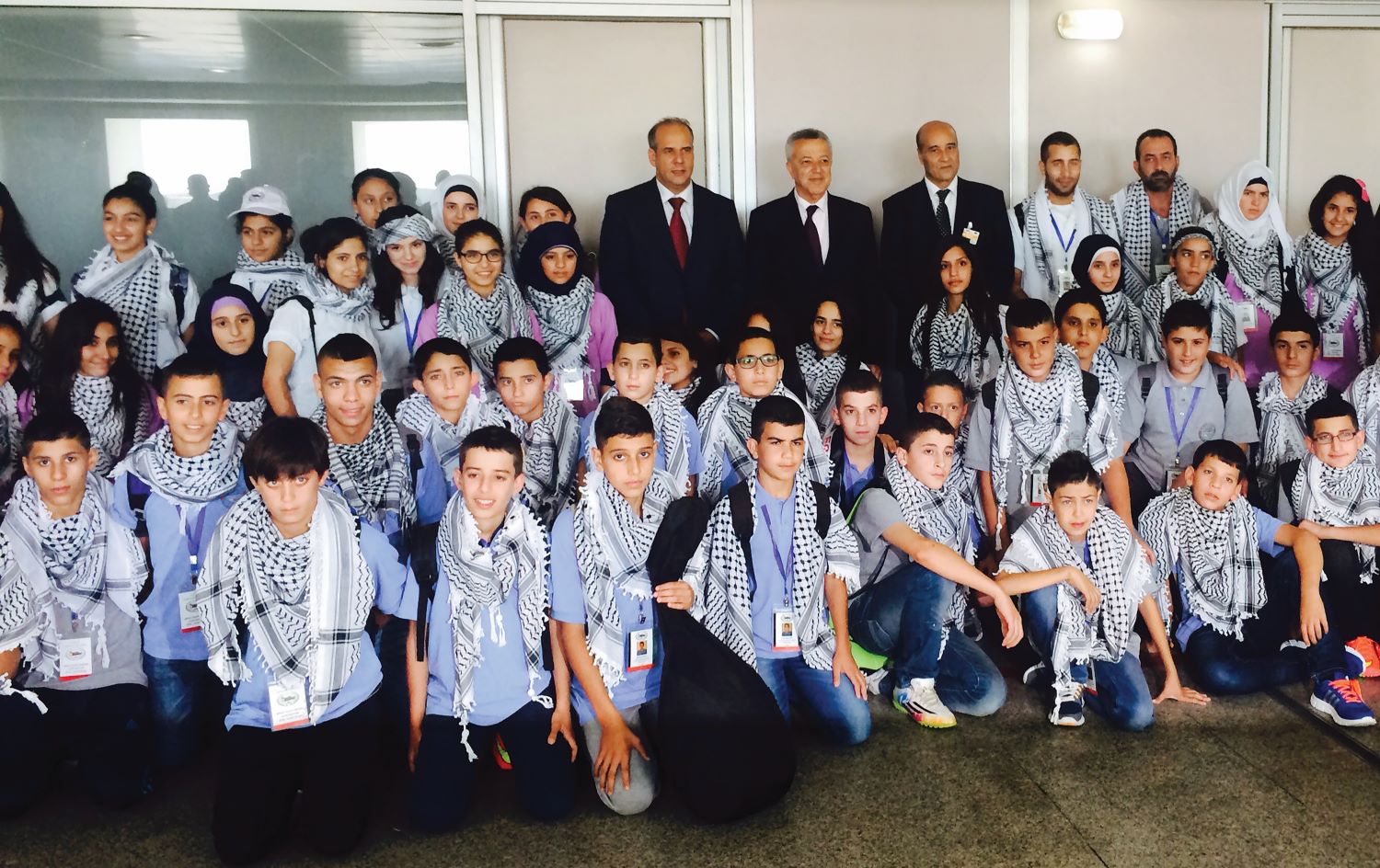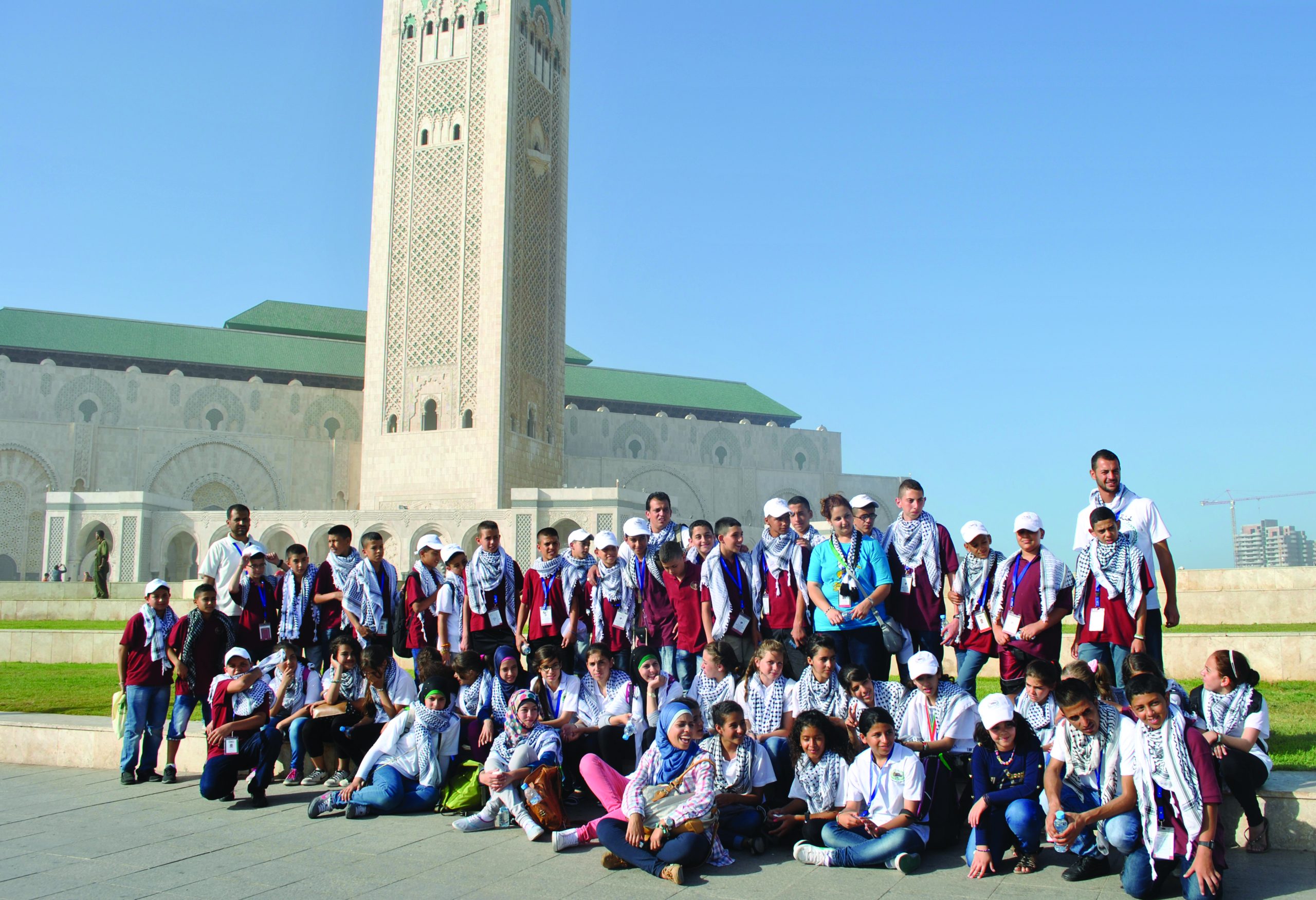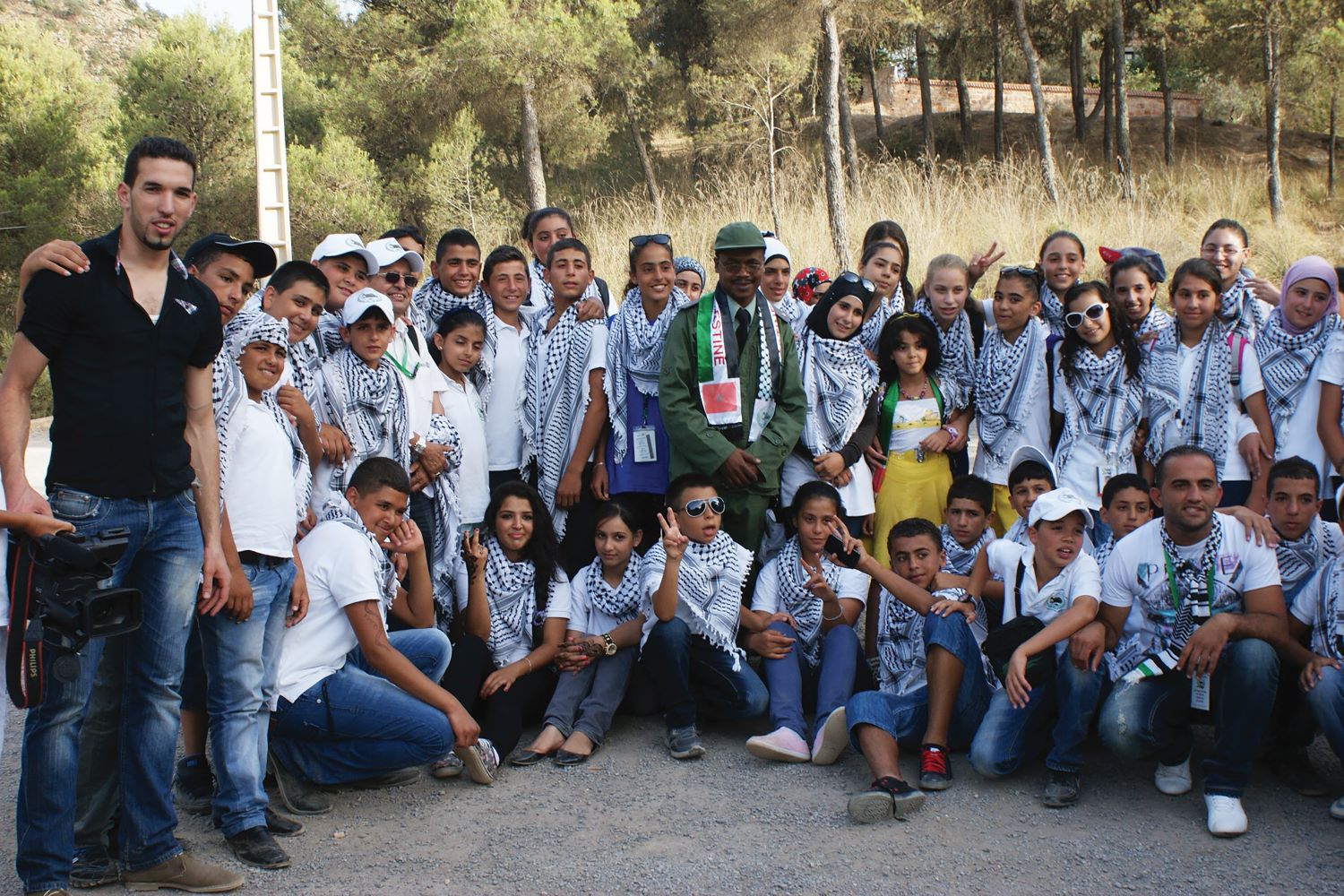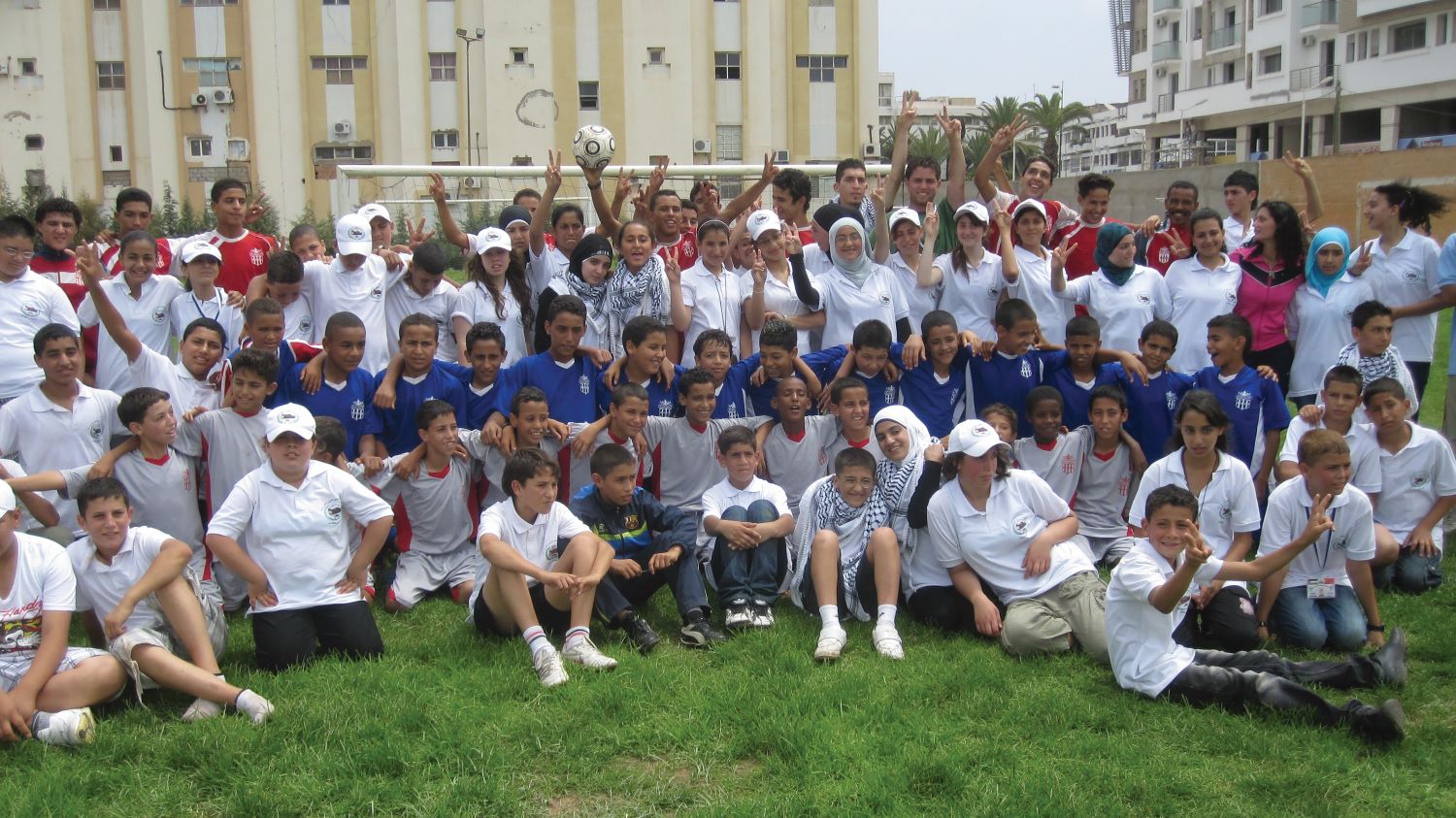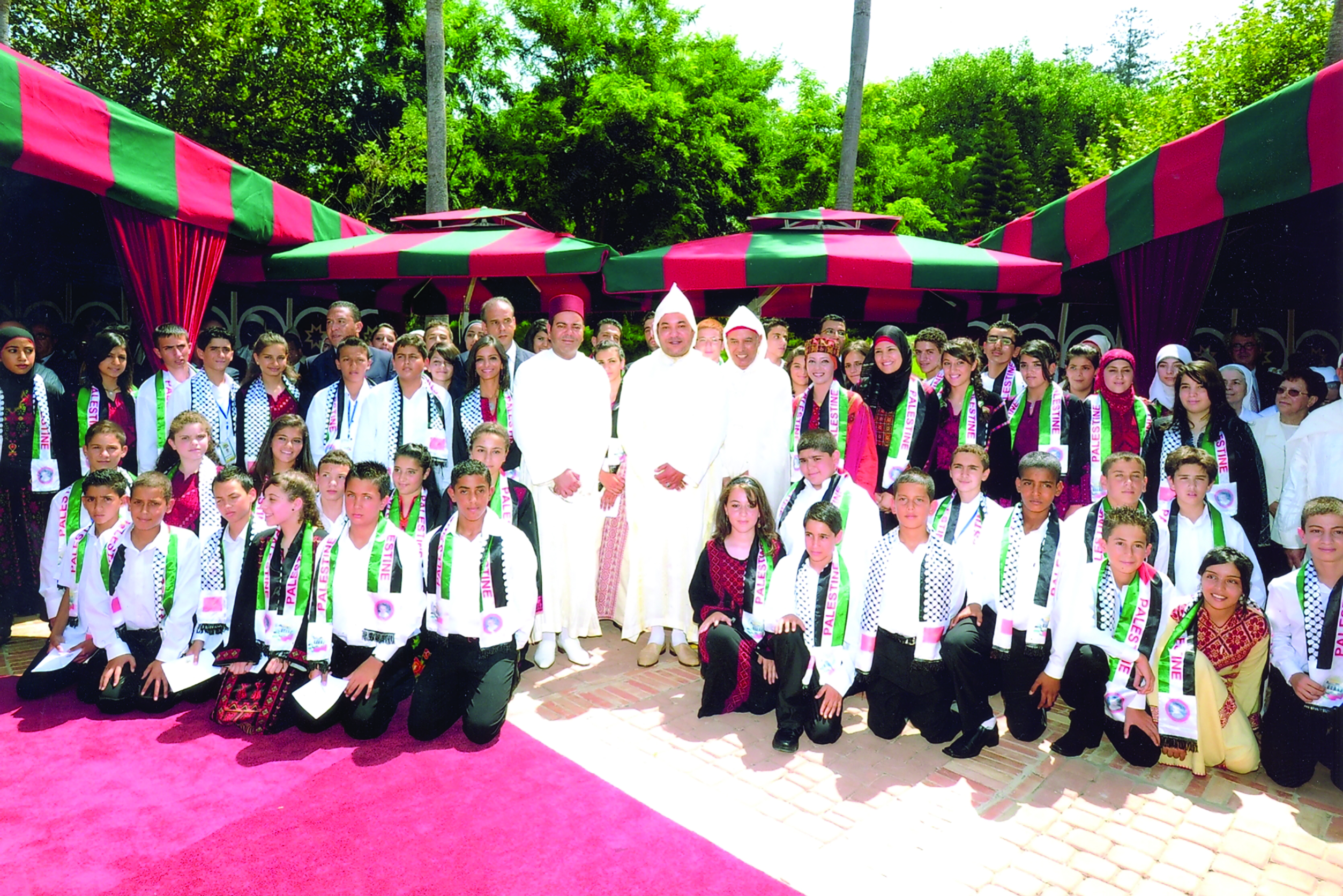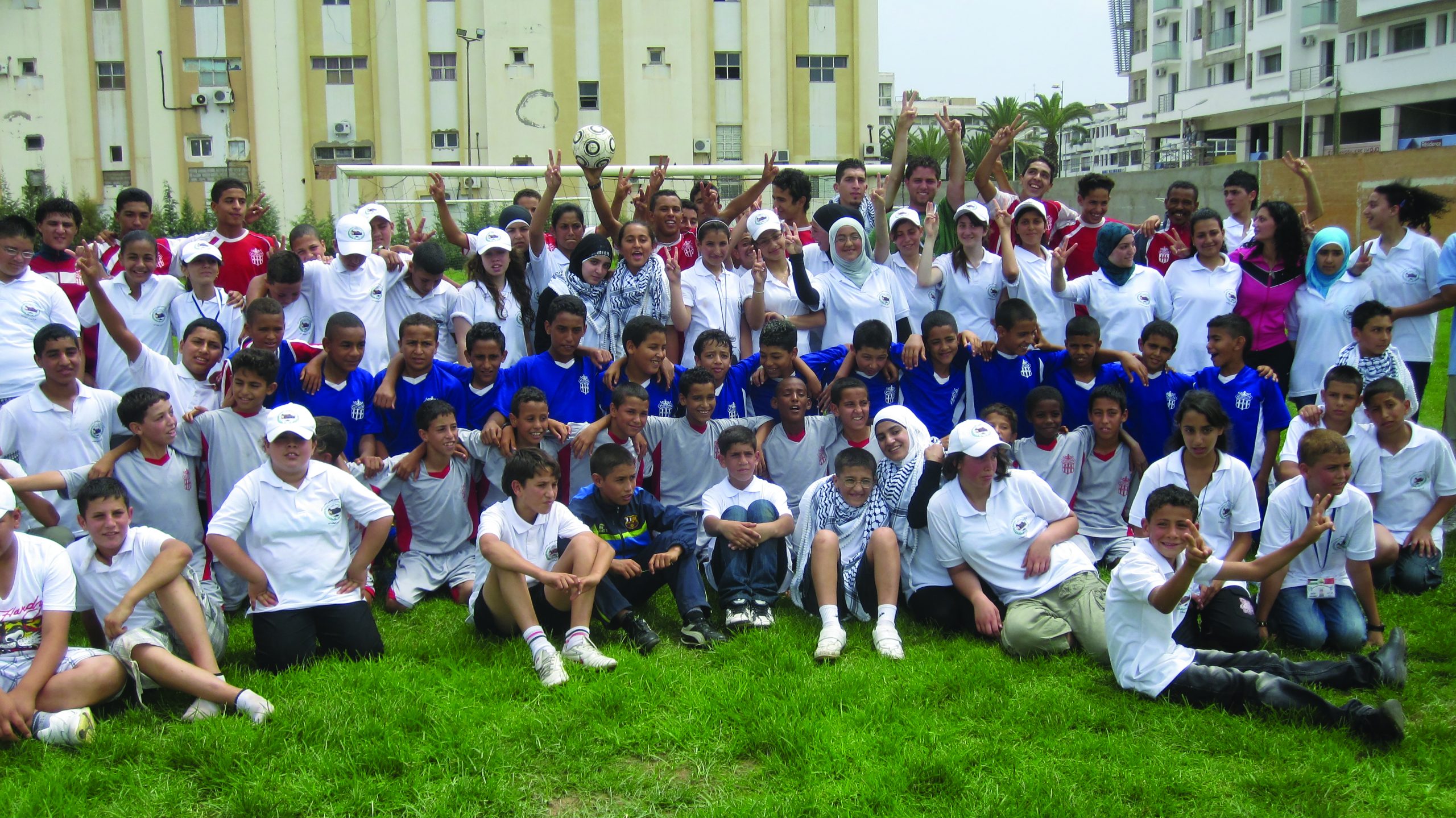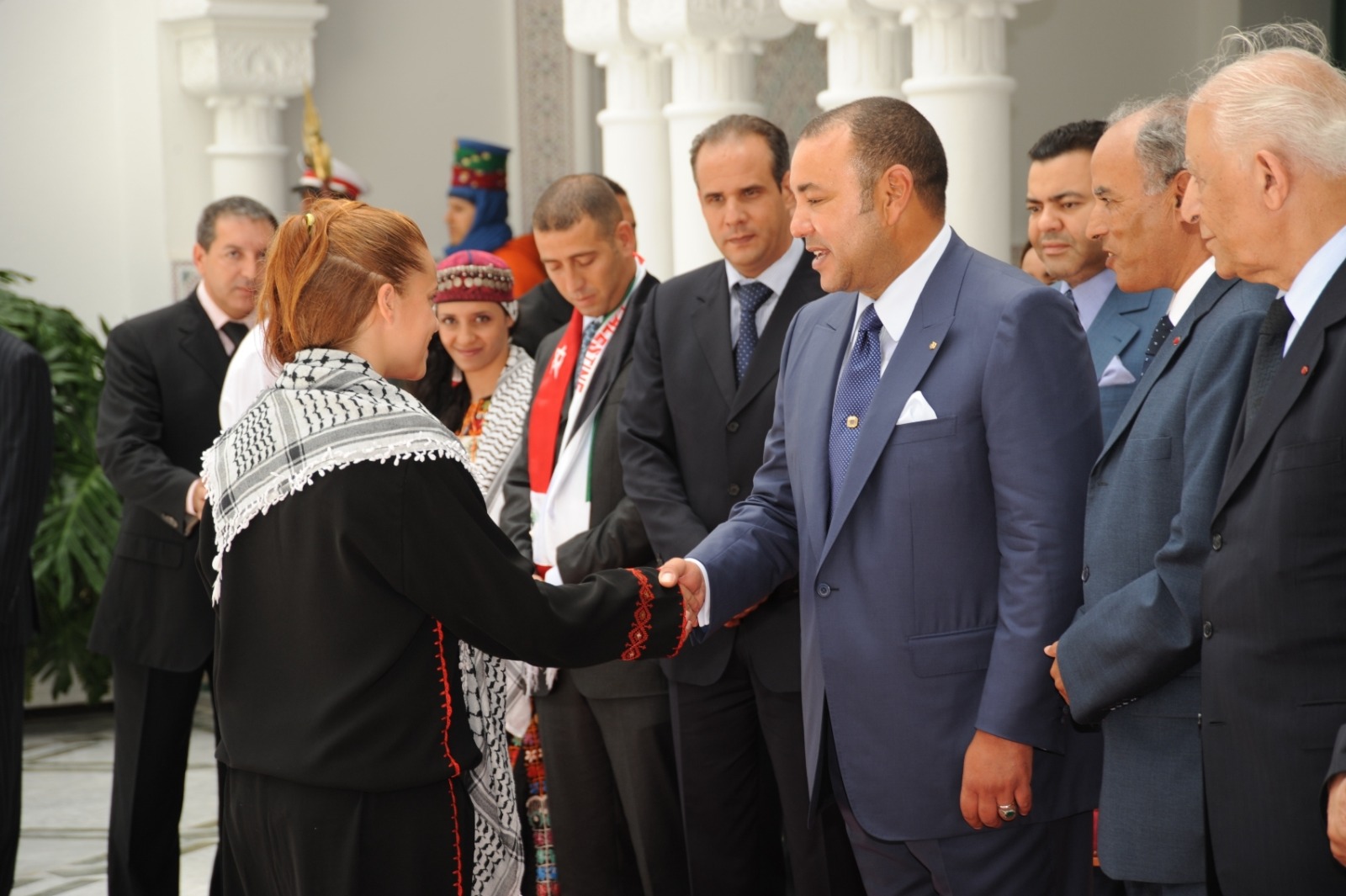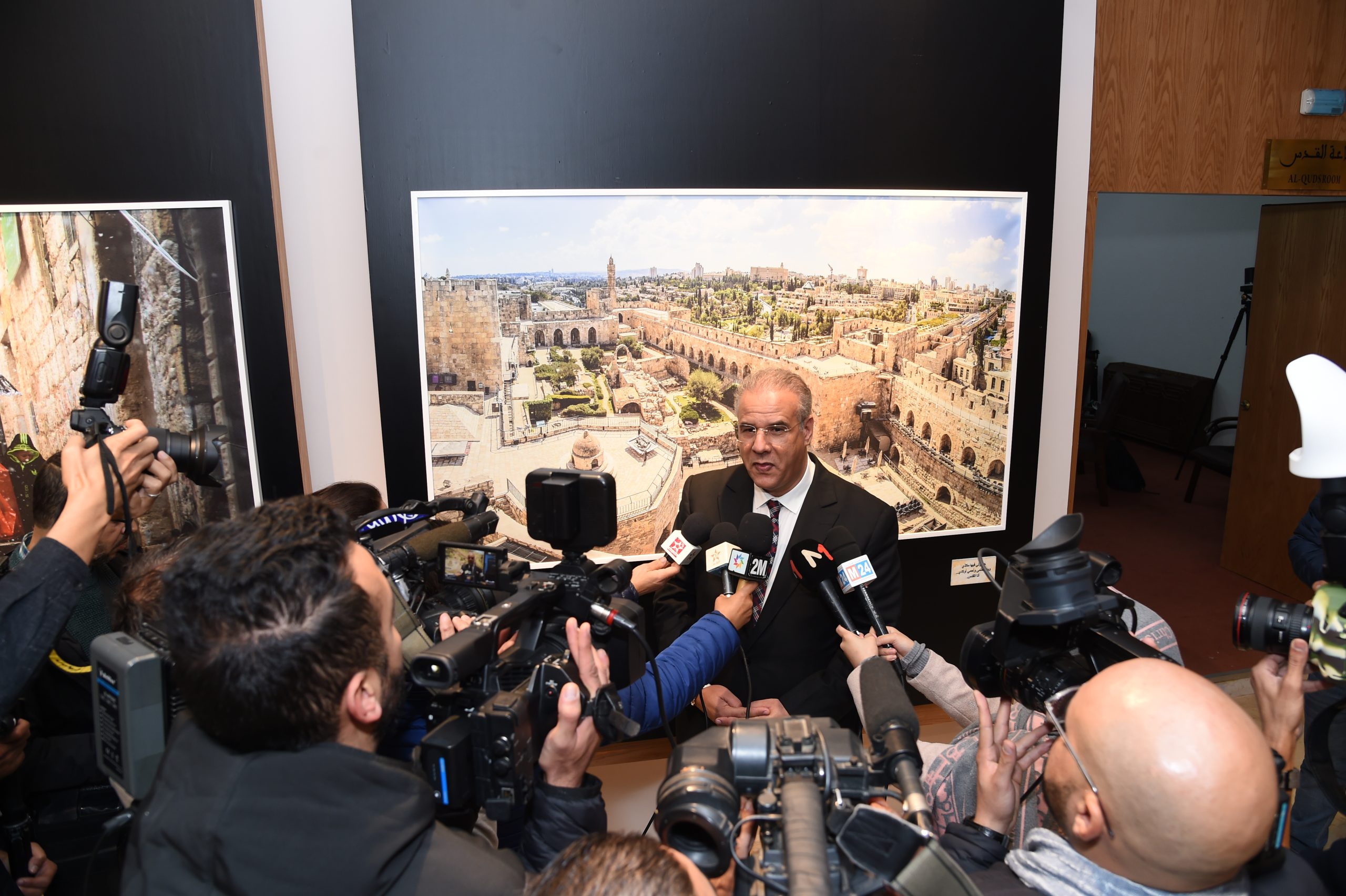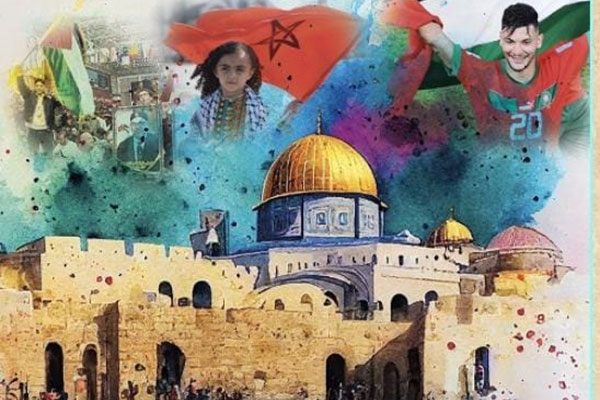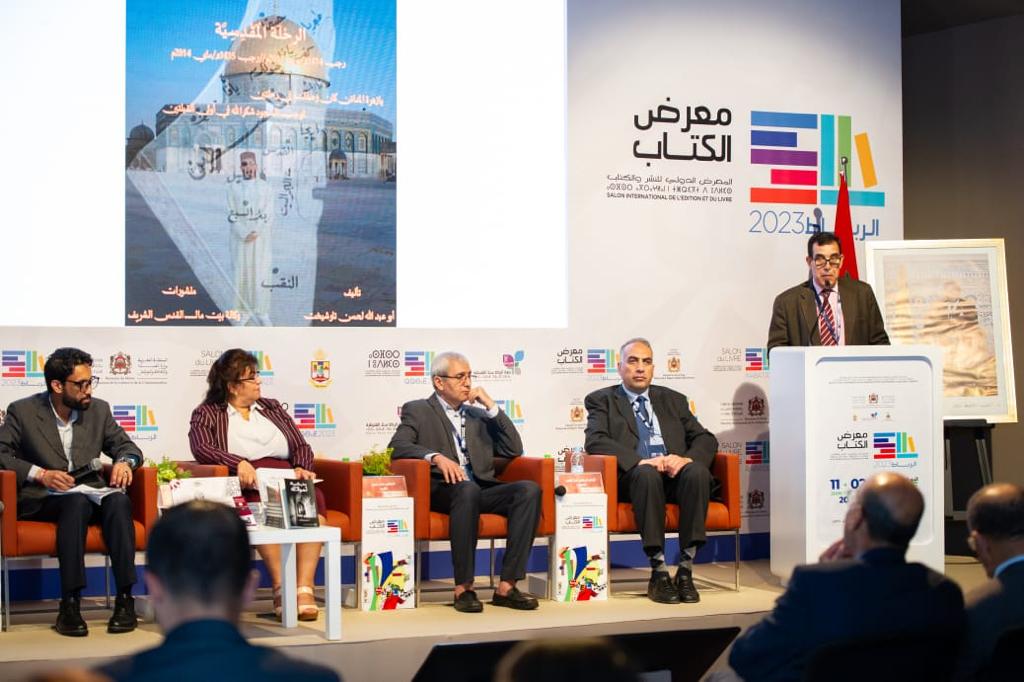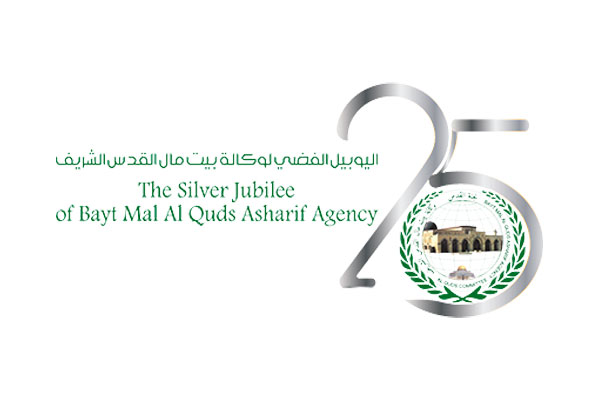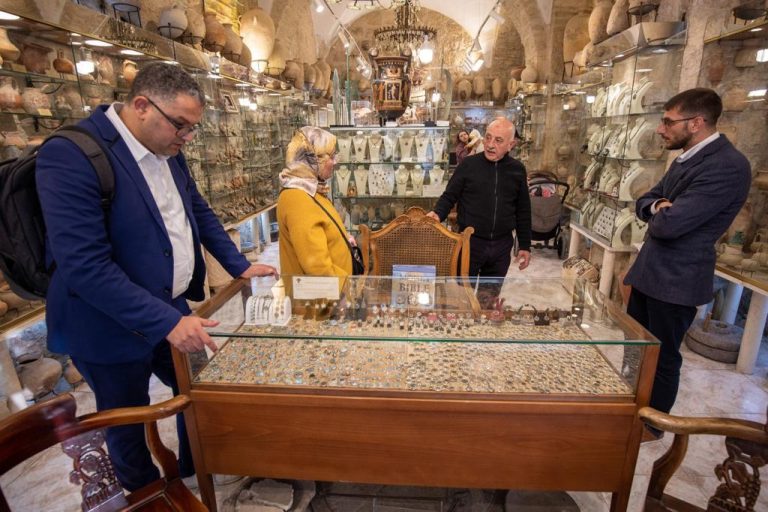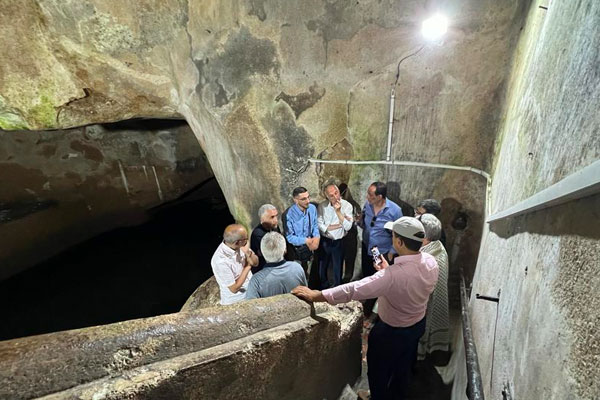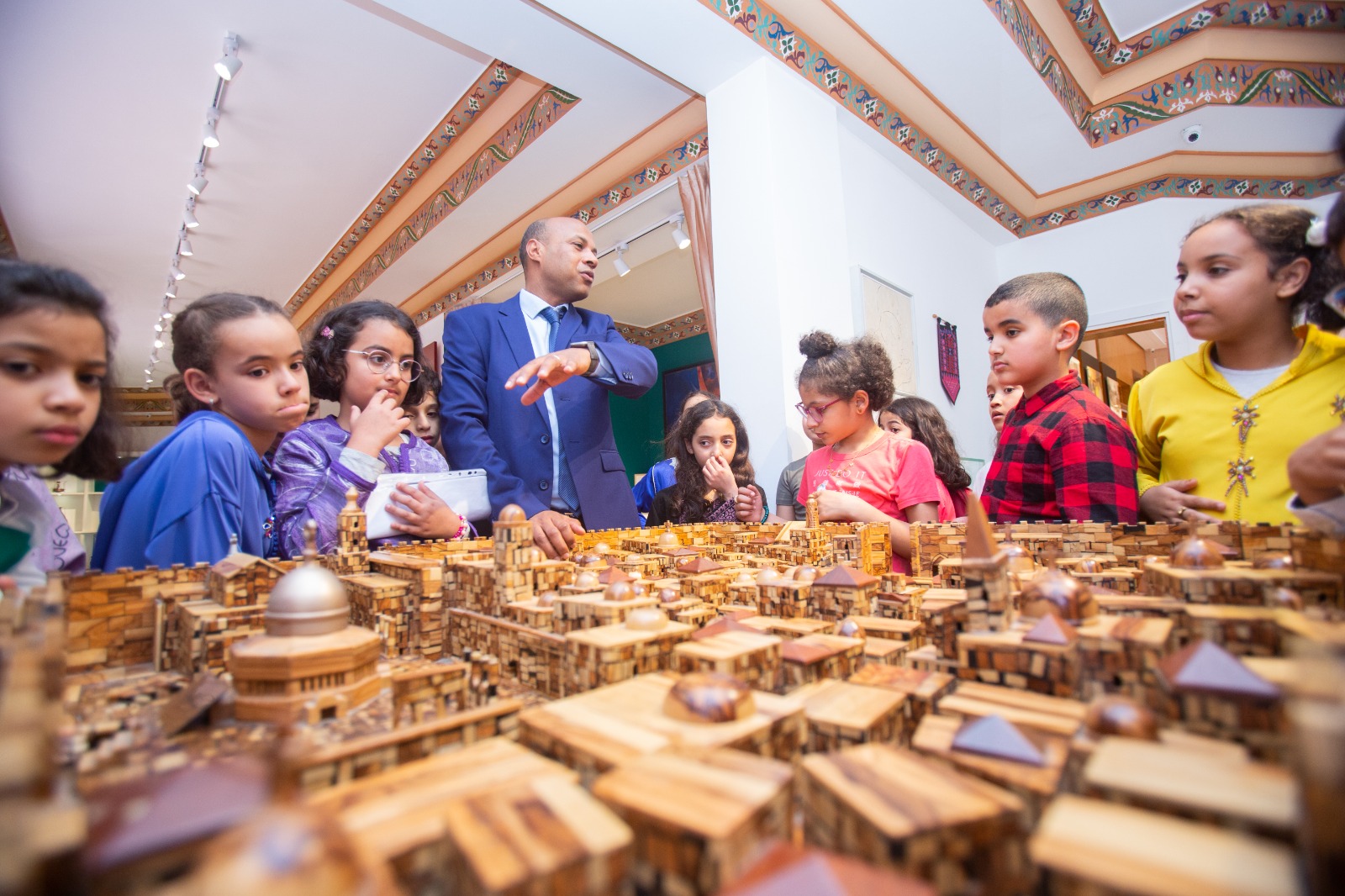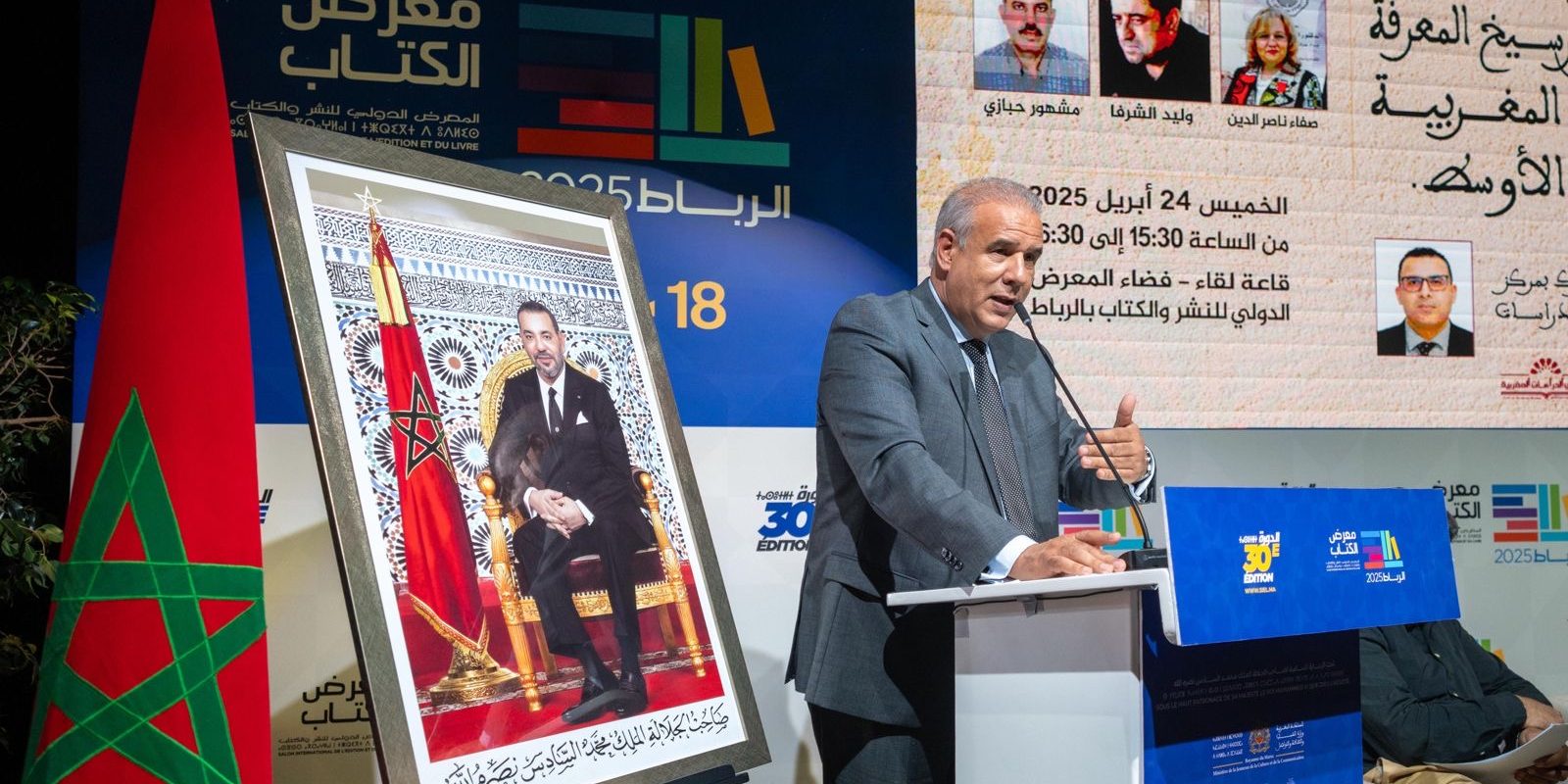Rabat – During a seminar held Thursday by the Bayt Mal Al-Quds Asharif (BMAQ), as part of the International Book and Publishing Fair, participants spotlighted the enduring Moroccan presence in Jerusalem and Palestine. The discussion explored strategies to deepen awareness of Moroccan cultural heritage across Palestine and the Levant, with contributions from prominent Moroccan and Palestinian scholars and writers.
On this occasion, Mr.Mohamed Salem Echarkaoui, the director managing BMAQ, emphasized that the seminar seeks to spotlight the contributions of specialized researchers in showcasing the richness of Moroccan culture in Palestine and the Levant—across literature, the arts, heritage, and history, and the values and knowledge it embodies
Echarkaoui underscored that this cultural presence is deeply rooted in history, as evidenced by the contributions of Moroccan pilgrims, travelers, and scholars who passed through or settled in Jerusalem over the centuries.
For her part, Safaa Nassereddine, Chair of Moroccan Studies at Al-Quds University, emphasized that the academic chair aspires to function as a lasting scholarly bridge between Rabat and Jerusalem. She noted that it extends beyond the scope of a conventional research unit, positioning itself as a civilizational initiative that embodies Morocco’s strategic vision—one deeply rooted in the enduring cultural and human ties between the Moroccan and Palestinian peoples.
In this context, Nassereddine conveyed her profound gratitude to HM King Mohammed VI, Chairman of the Al-Quds Committee, for his direct patronage of the project through BMAQ . She affirmed that this support reflects the depth of the King’s far-reaching vision—one that places knowledge at the core of efforts to safeguard historical memory.
She added that the academic chair serves as a “radiant window into the Moroccan presence within the fabric of Jerusalem”, and strengthens the role of knowledge in confronting attempts to reduce and erase this presence, through rigorous academic research that produces contemporary insights into the impact of Moroccan culture within its Eastern surroundings.
For his part, Mashhour Habazi, former Dean of the Faculty of Arts at Al-Quds University, emphasized that Moroccan-Palestinian relations are deeply rooted in history, and continue to be renewed thanks to the efforts of the BMAQ, not only in the cultural field, but also across various fields of knowledge.
Habazi commended the role played by BMAQ in strengthening Moroccan-Palestinian relations, adding, “We greatly value this significant role that Morocco—its King, government, and people—plays in supporting Palestine and Jerusalem.”
For his part, Walid Sharafa, novelist and professor of higher education at Al-Quds University, presented a literary reflection on the depth of Palestinian-Moroccan relations, which is primarily embodied in the firm awareness of the historical role played by Moroccans in Jerusalem. He noted that this legacy left profound spiritual and symbolic imprints, making the relationship between the two sides a symbol of shared consciousness and mutual memory.
Sharafa explained that this depth in relations has contributed to the shaping of popular and elite perceptions, producing cultural representations and a collective consciousness that entrenched the Moroccan presence in the Palestinian psyche, and vice versa. He pointed, in this context, to the prominent presence of Palestine in Moroccan literature.
